


FAPESP-supported startup uses artificial intelligence to connect government data and reveal a complete picture of innovation ecosystems in all Brazilian municipalities.
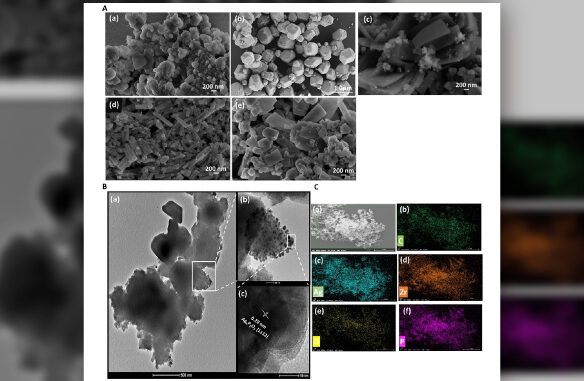
Study involving researchers from a FAPESP-supported center presents a new molecular architecture based on zirconium metal-organic frameworks (MOFs) designed for efficiently degrading emerging water contaminants.
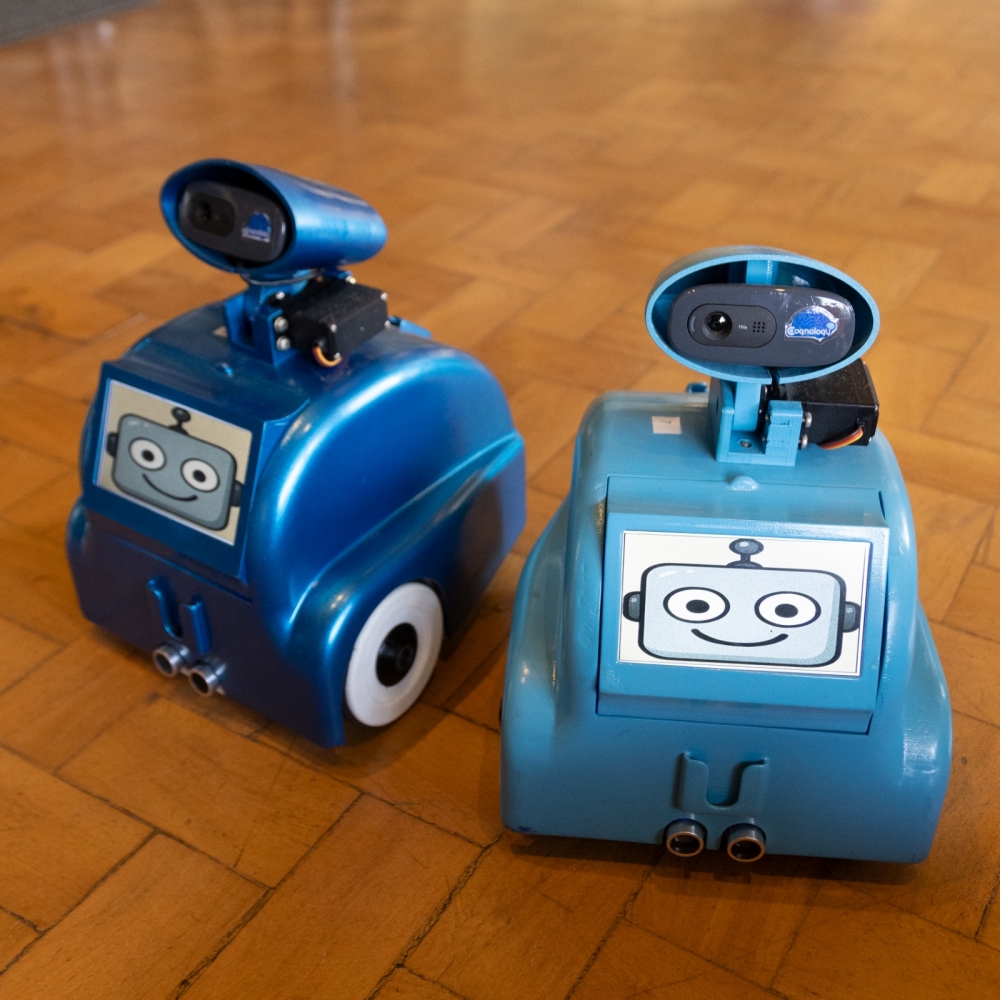
Brazilian startup supported by FAPESP develops technology to support teachers and identify individual student difficulties.
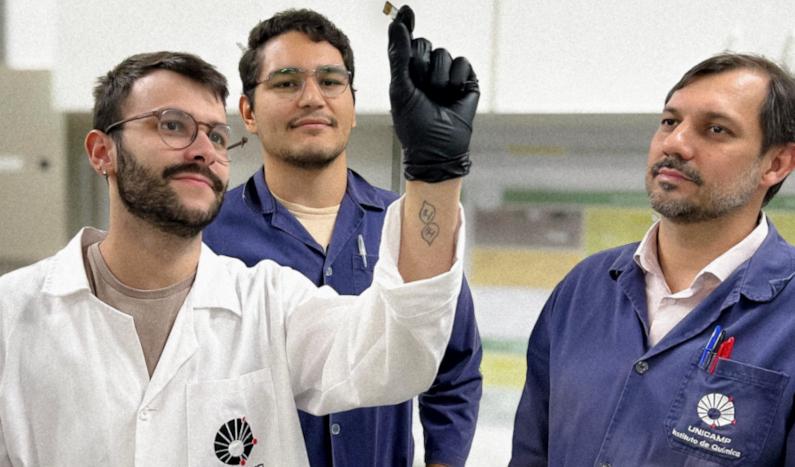
Researchers at the State University of Campinas have significantly increased the efficiency of low-cost materials using a simple approach to altering their structure.
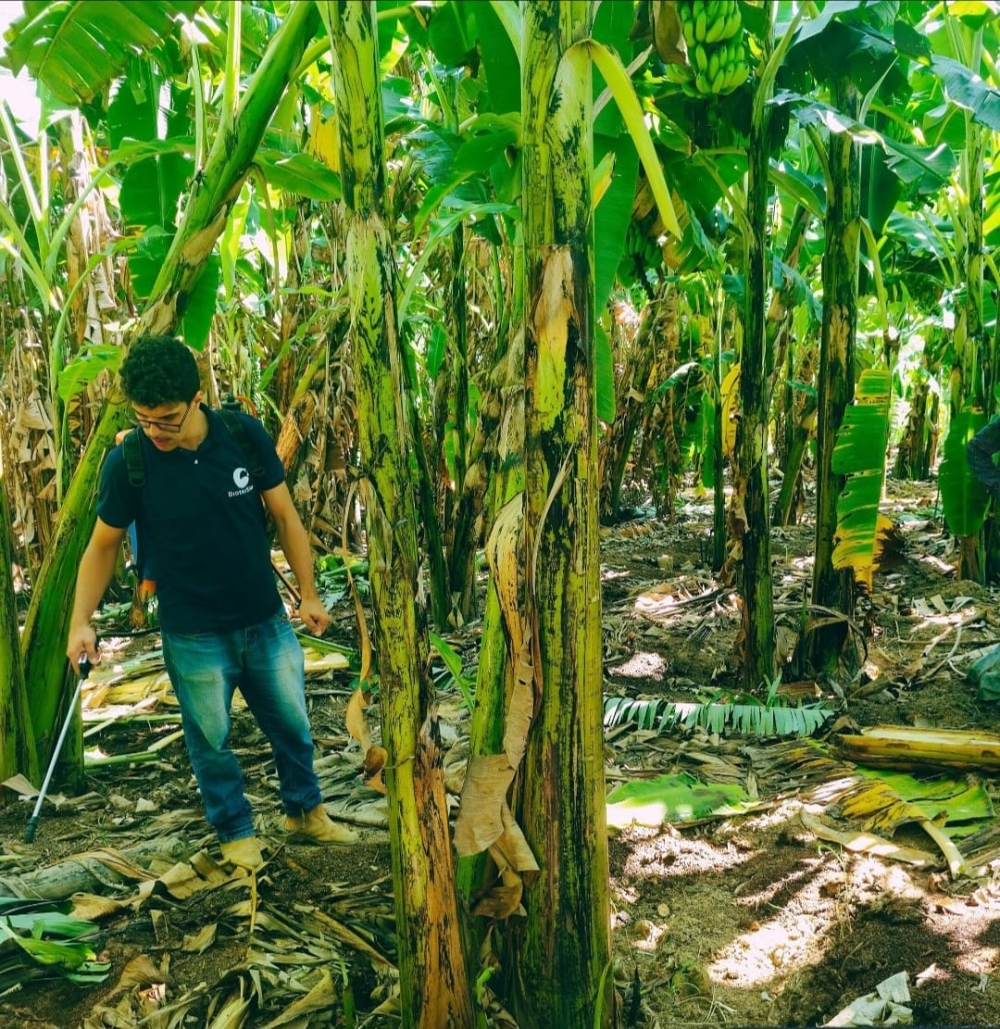
FAPESP-supported startup is developing a biostimulant that regenerates soil and increases the productivity and resilience of various crops.

FAPESP-supported startup is developing a biostimulant that regenerates soil and increases the productivity and resilience of various crops.
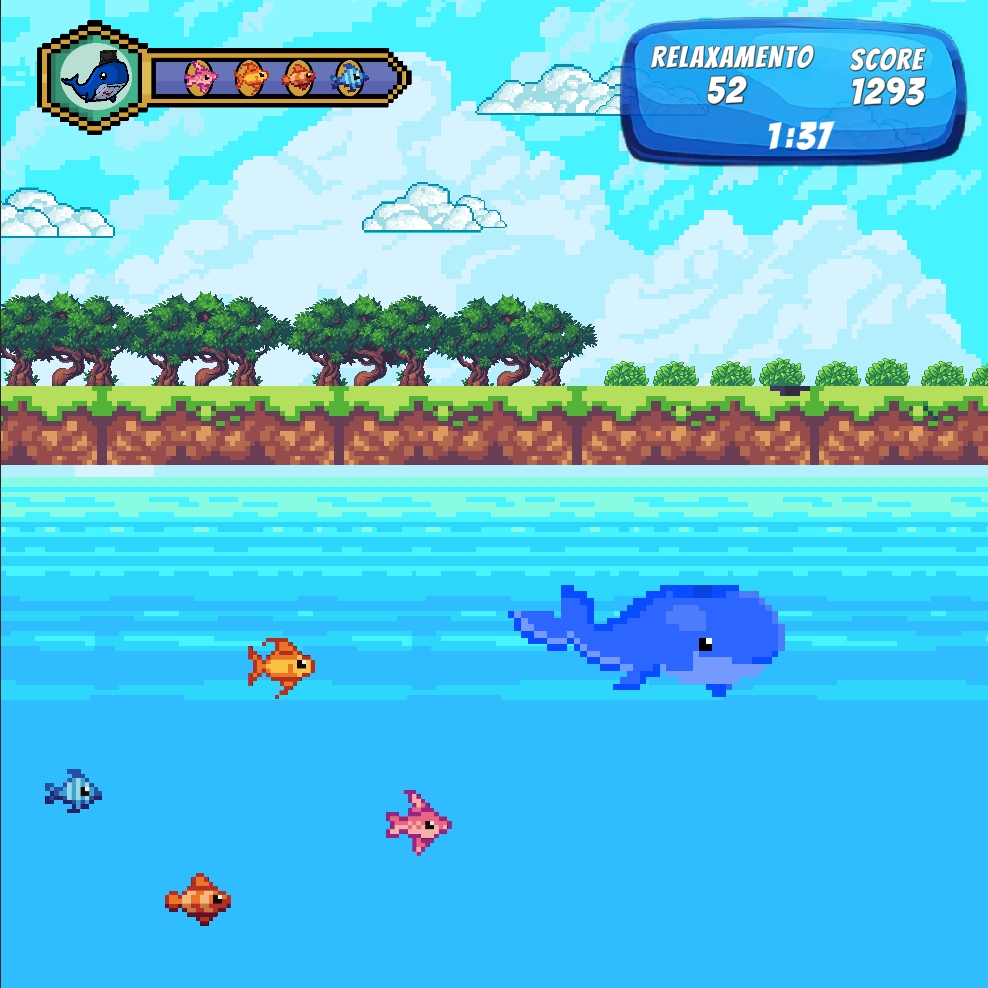
Using biofeedback and gamification, the solution teaches emotional self-regulation strategies to child patients with disorders such as ADHD and ASD.

Real-time monitoring reduces medication waste and increases treatment effectiveness.
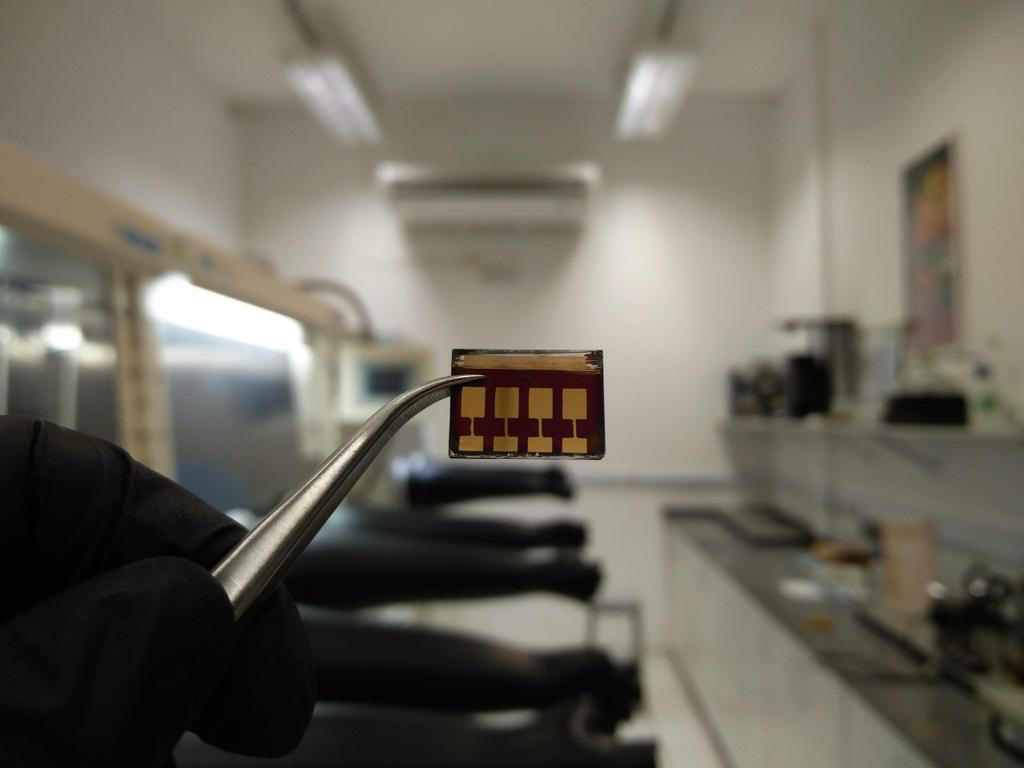
Films made from these photosensitive semiconductors promise to be the stars of the next generation due to their ability to convert sunlight into electricity. However, the stability of the material under heat and humidity still needs improvement.

Films made from these photosensitive semiconductors promise to be the stars of the next generation due to their ability to convert sunlight into electricity. However, the stability of the material under heat and humidity still needs improvement.
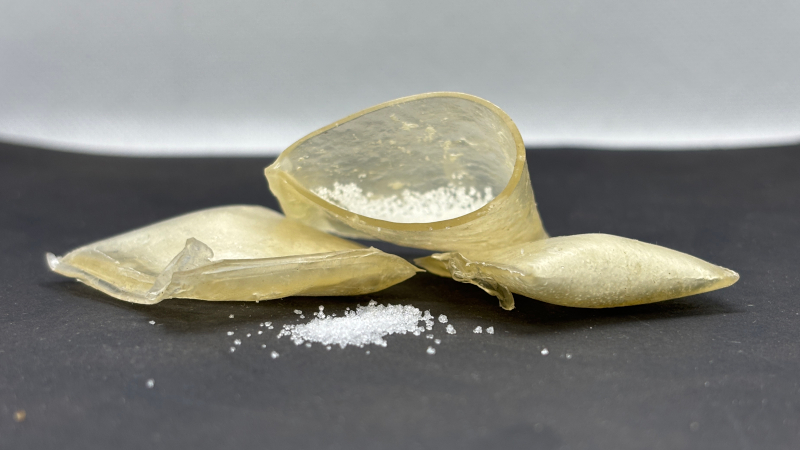
Nanoparticle-reinforced wrappers can be filled with various formulations of the granular products needed for crops, a versatility that facilitates application by agribusiness.

Brazilian technology from Nanox is recognized for its solution to reduce food loss and waste. The Center for Development of Functional Materials is a FAPESP Research, Innovation, and Dissemination Center based at UFSCar.

FAPESP-supported startup develops unprecedented technology to democratize digestive system exams with a simple, fast, and accessible procedure.

FAPESP-supported startup develops unprecedented technology to democratize digestive system exams with a simple, fast, and accessible procedure.
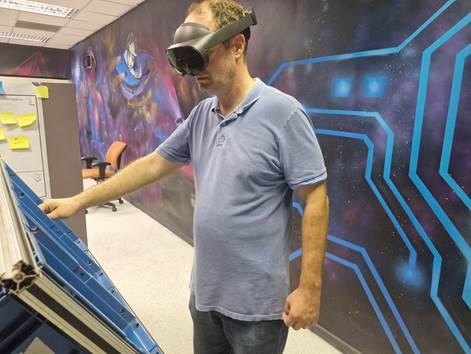
A startup supported by the Centelha program has developed a solution that combines cutting-edge technology with ease of use, transforming production lines without the need for expensive automation.

A startup supported by the Centelha program has developed a solution that combines cutting-edge technology with ease of use, transforming production lines without the need for expensive automation.

Startup supported by FAPESP maps bacteria present in pets’ intestines to offer personalized diet suggestions.

A study by a FAPESP-supported research center showed that the surfaces change when an electron beam is applied. The material has potential for applications in semiconductors, antibacterial agents, gas sensors, and more.

A study by a FAPESP-supported research center showed that the surfaces change when an electron beam is applied. The material has potential for applications in semiconductors, antibacterial agents, gas sensors, and more.
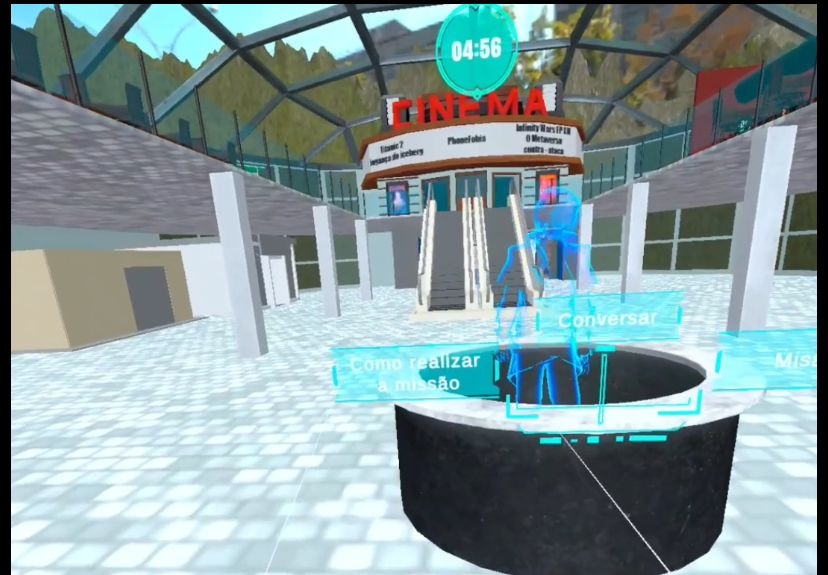
FAPESP-supported startup creates immersive educational solutions ranging from academic laboratories to team training in industries.
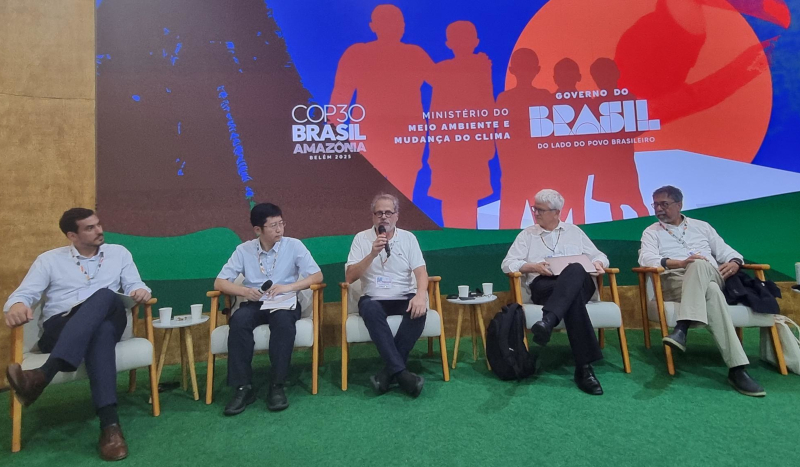
Developing nations hold most of the mineral reserves essential for clean energy and already have experience and a pioneering spirit in creating new markets, such as bioenergy and electric cars, according to participants in a panel discussion promoted by FAPESP at COP30.
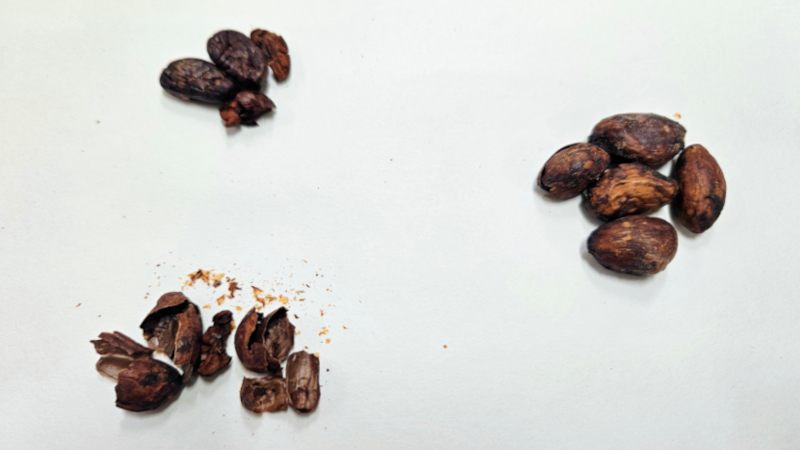
Researchers at the State University of Campinas used a product from native stingless bees to extract bioactive compounds, such as caffeine, from chocolate manufacturing waste. This process adds nutritional and commercial value to an ingredient that is usually discarded.

Researchers at the State University of Campinas used a product from native stingless bees to extract bioactive compounds, such as caffeine, from chocolate manufacturing waste. This process adds nutritional and commercial value to an ingredient that is usually discarded.
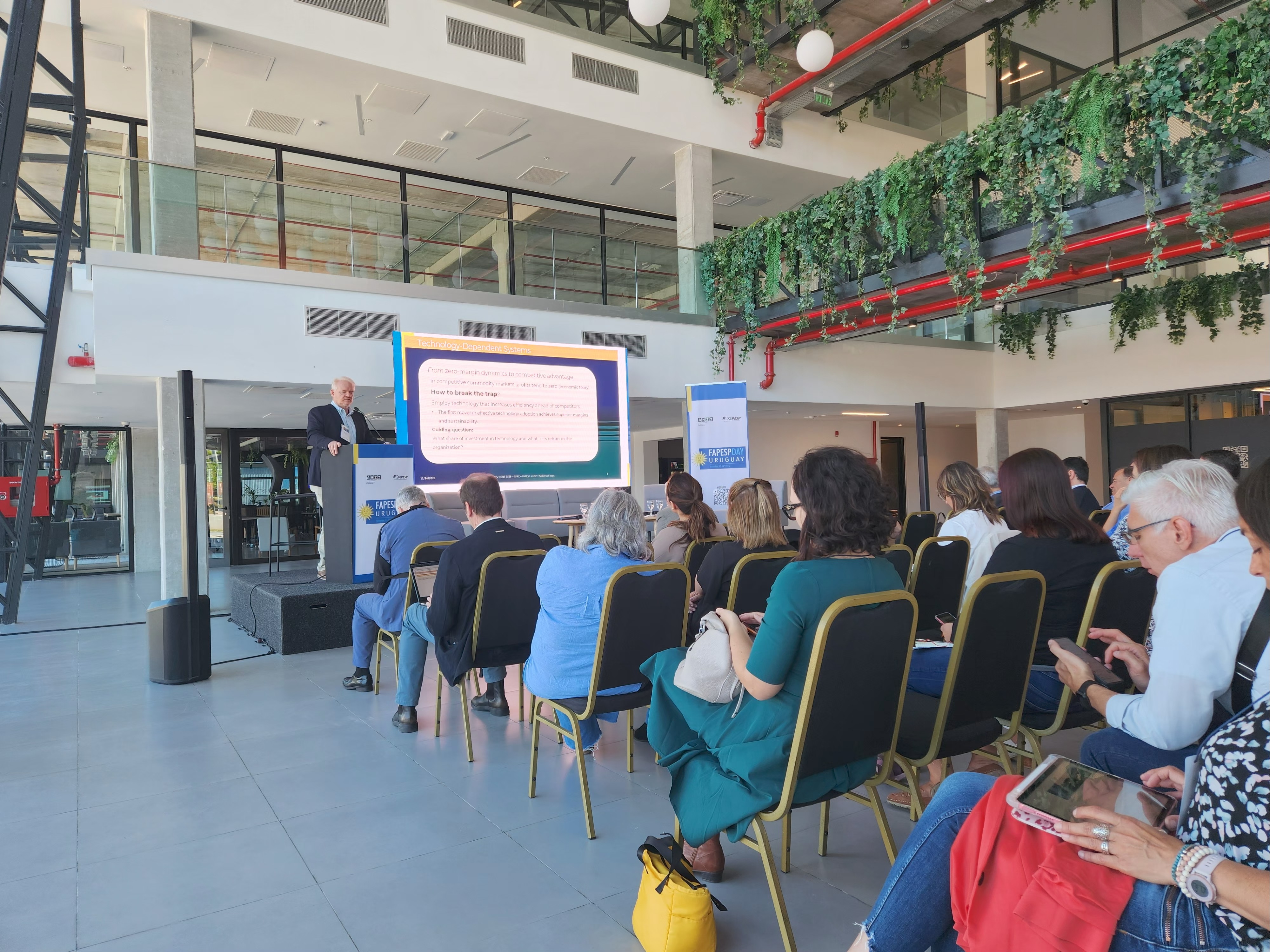
Professor Sérgio de Zen presented the project during the FAPESP Day Uruguay symposium. An investment of USD 20 million over five years is planned.

Professor Sérgio de Zen presented the project during the FAPESP Day Uruguay symposium. An investment of USD 20 million over five years is planned.